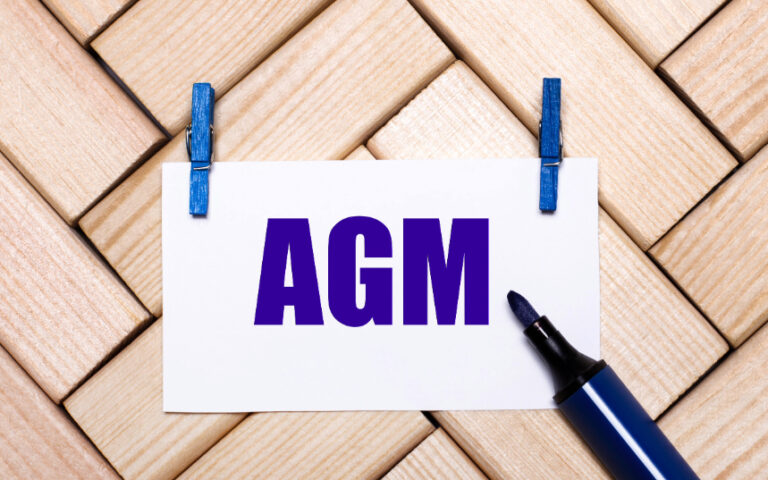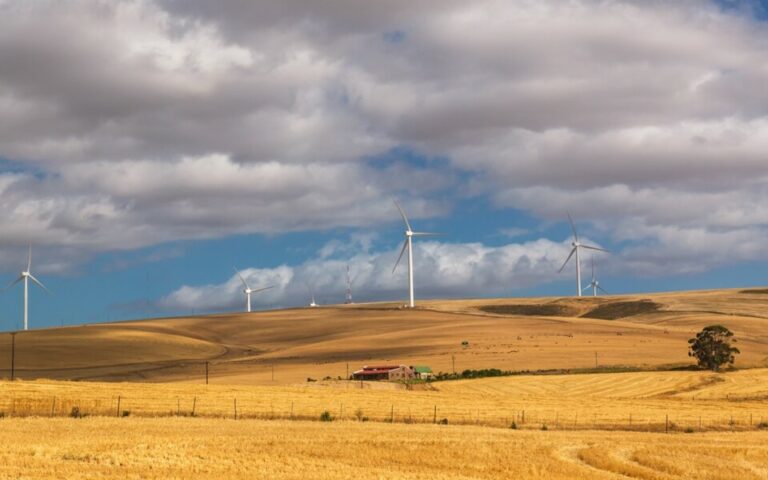This article was first published in the Financial Mail on 1 April 2021.
A year ago, as the spectre of Covid loomed large, there were encouraging signs of solidarity across the country. In his March 30 2020 address to the nation, President Cyril Ramaphosa referred to “the 58-million SA citizens and residents who are standing together as one in confronting this national health emergency”.
Just before Easter, Ramaphosa called on public office bearers and the executives of large companies to take temporary pay cuts and contribute to the Solidarity Fund, set up to mobilise resources to combat the pandemic.
The president, his cabinet, deputy ministers and premiers took a one-third cut in their salaries for the three months to end-June. High-profile executives were quick to follow, and a number of large companies made very generous donations to the Solidarity Fund.
As the lockdown took hold, the need for solidarity became ever more pressing. Many employers were forced to implement temporary pay cuts across the board.
For others, the only option was to retrench all but essential staff. By mid-May, Business for SA was warning that 4-million jobs were at risk.
By then, however, news was beginning to emerge of some companies making executive share awards at the knockdown prices to which the shares of many JSE-listed companies had plunged. Those share awards are set to become extremely valuable when they vest in one or two years: share prices have already bounced back, not necessarily because of outstanding performance by management, but because, once released from Covid restrictions, the economy reflexively starts to recover.
A year after the crippling level 5 lockdown was introduced, it is becoming clear that we are certainly not “standing together as one” when it comes to making sacrifices to combat the pandemic. Corporate leaders are in line for financial windfalls of eye-watering proportions.
Of course, many executives deserve credit for keeping their ships afloat in this (hopefully) once-in-a-century storm. But we should not believe remuneration committees that overplay that credit.
Most listed companies were sufficiently well established to survive the worst of ordeals for several months at least. And it would be extremely difficult to identify any executive who has been exposed to as much risk and unrelenting pressure as our essential frontline workers.
After a full-year contraction of 7% in 2020 — the biggest slump since records began in 1946 — the economy is expected to grow by 3.3% in 2021 and a further 2.2% in 2022. This means company profits will almost inevitably rebound from the levels they plunged to in 2020.
Even more inevitable then, given that executive remuneration is linked to earnings growth, is that pay for the top executives in SA — already among the best-remunerated executives in the world — is set to soar in the next 12 to 24 months.
Not only will 2021 earnings look comparatively stellar, providing justification for generous short-term bonuses, but as a base year for determining long-term incentives, the devastated 2020 earnings figures will underpin continued generosity for future awards.
The lockdown could prove to be the best thing that’s ever happened to SA’s executives.
Recalibrating rewards
In September 2020, the Institute of Directors in SA (IoDSA) released a practical, measured guidance note for remuneration committees: “Impacts of the Covid-19 Pandemic on Reward Practices: An SA Perspective”.
In it, the IoDSA recommends that remuneration committees carefully consider a number of questions in light of the impact of the pandemic on their companies, and on society at large — for example, whether the issue price for post-Covid long-term incentive awards should be adjusted “to prevent windfall gains in the event of a rebound of the share price”.
There is little evidence that the IoDSA’s thoughtful guidance is being followed, and certainly no sign that the broader, fundamental question posed in the note — “Is this not the time to recalibrate executive reward to more societally acceptable levels, with stronger alignment on long-term value creation for stakeholders?” — is even being considered.
In his April 27 2020 Freedom Day message, Ramaphosa said, in relation to the pandemic, that “the true lessons of this experience … will also be about whether we have the ability to turn this crisis into an opportunity to invest in a new society, a new consciousness, and a new economy”.
So far, it seems clear we don’t.






